NPD, one of the leading market research firms, said in a report Tuesday that just 10 percent of Amazon MP3 customers surveyed in February indicated that they had previously purchased music through iTunes.
"The fact that Amazon's early growth does not appear to be at the expense of Apple iTunes is a healthy indication that the digital music customer pool can expand into new consumer groups who have not yet joined the iTunes community," remarked analyst Russ Crupnick.
Though having launched just six months ago, Amazon MP3 recently leapfrogged Wal-mart to become the number two purveyor of a-la-carte music tracks downloads in the US, behind iTunes.
Among the service's selling points are DRM-free tracks from all the major recording labels, a higher bit rate for digital files, and a price-per-download that is often lower than iTunes.
Still, Amazon has quite a ways to go before catching iTunes. The Apple download service does approximately 10 times more business on a unit basis than Amazon MP3, but it's the differences in the consumer demographic profiles of the two stores that's signaling a broader landscape for digital music downloads, according to NPD.
The research firm's initial consumer surveys found that 64 percent of the Amazon MP3 unit sales were traced to males compared to 44 percent for iTunes. Amazon MP3 showed the most strength among young adults aged 18 to 25, but only 3 percent of its customers were teens aged 13 to 17.
In contrast, the iTunes Music store sold nearly a fifth (18 percent) of its music to teens and also sports a healthy franchise in gift cards among that same demographic, while Amazon has a relatively small base of teen CD buyers.
"While it's still very early in the game, there's no evidence that Apple customers are deserting iTunes for a new alternative, either because of price or DRM restrictions," Crupnick said. "Amazon may simply be opening new markets from their existing consumer base and introductory promotions."
NPD says its monthly consumer tracking measures unit sales of a-la-carte downloads from services like iTunes and Amazon MP3, but does not track subscription music downloads or revenue from eMusic and other subscription music services.
 Katie Marsal
Katie Marsal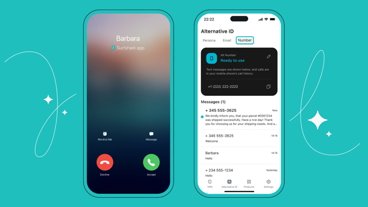
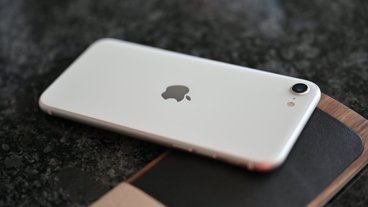
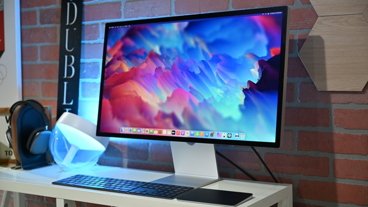
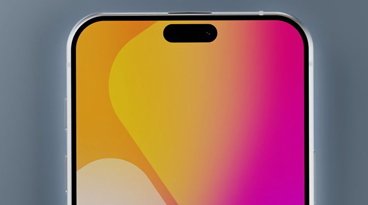

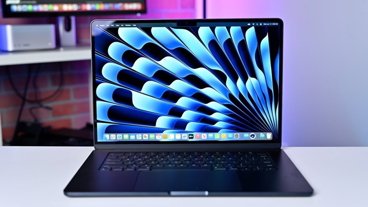
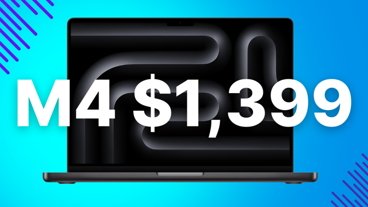
-m.jpg)



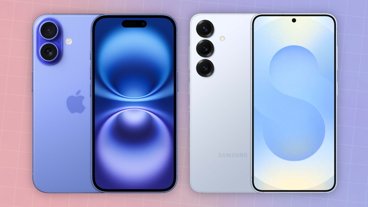
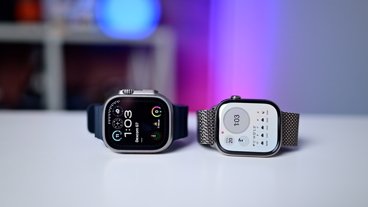
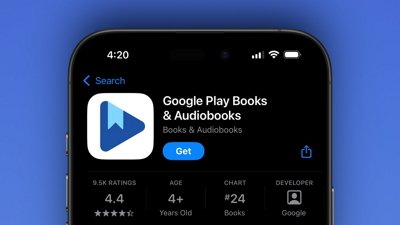
 Wesley Hilliard
Wesley Hilliard
 Malcolm Owen
Malcolm Owen
 Amber Neely
Amber Neely
 Christine McKee
Christine McKee
 Andrew Orr
Andrew Orr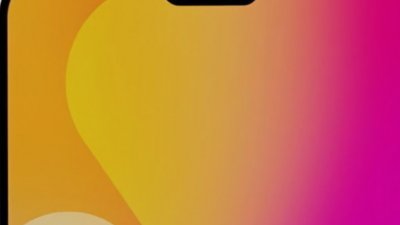
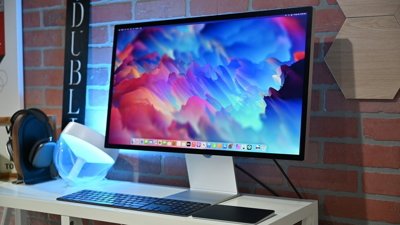
 Mike Wuerthele and Malcolm Owen
Mike Wuerthele and Malcolm Owen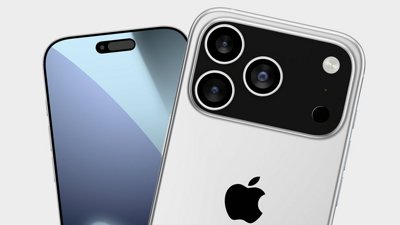




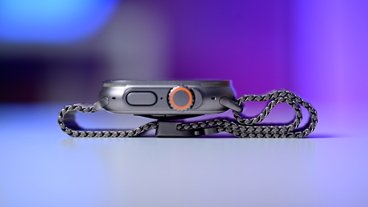
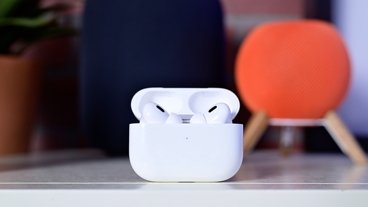




39 Comments
I wonder if it's within Apple's power to release all of their music as 256KB/s, even though it's not within their power to release DRM-free music unless they've been contracted to do so.
If the can do this, I don't see why they don't. It would help to attract more of those "males", to whom higher bitrates are important.
So Amazon is selling more music than eMusic? Really? Or, does the eMusic subscription model not count in NPD's data tracking methods?
I wonder how many of these Amazon customers also have an iDevice, which is Apple's bread and butter.
I wonder if it's within Apple's power to release all of their music as 256KB/s, even though it's not within their power to release DRM-free music unless they've been contracted to do so.
From the way the articles have read over the years, it seems that Apple only has control of the pricing, not the bit rate or DRM. If they did, I too would have thought they would have upped the quality.
Though, if they do make 256Kbps the new minimum at the iTS, would they then have to half their iPod capacity listings or could they still say "x many songs at 128Kbps"?
Apple has and will argue that 128Kbps AAC is comparable to 256Kbps MP3, therefore no need to up the quality of the songs or change the capacity rating of the iPods/iPhones. Whether is it true or not is a different story.
I wonder how many of these Amazon customers also have an iDevice, which is Apple's bread and butter.
From the way the articles have read over the years, it seems that Apple only has control of the pricing, not the bit rate or DRM. If they did, I too would have thought they would have upped the quality.
Though, if they do make 256Kbps the new minimum at the iTS, would they then have to half their iPod capacity listings or could they still say "x many songs at 128Kbps"?
Given the various environments I listen to music in, bit rate not as important to me. And I'm too short-sighted to care much about being locked-in to the Apple world of music. So it all comes down to ease of use and being a good experience for me right now. And Amazon's store, while technically very easy to use, is just not a very good customer experience. I won't bore anyone with details, since everyone has their own opinion if they've used it, but as a guy who spends his work-life measuring and improving customer experience, my list of things broken about the Amazon store is extrensive (yes, I do wish I could leave my work at work when I turn into a consumer, but alas...).
Bottom line: I believe a stronger, better Amazon e-music store is good for me as a consumer. Anyone else? Am I being blind to reasons we should root against them?